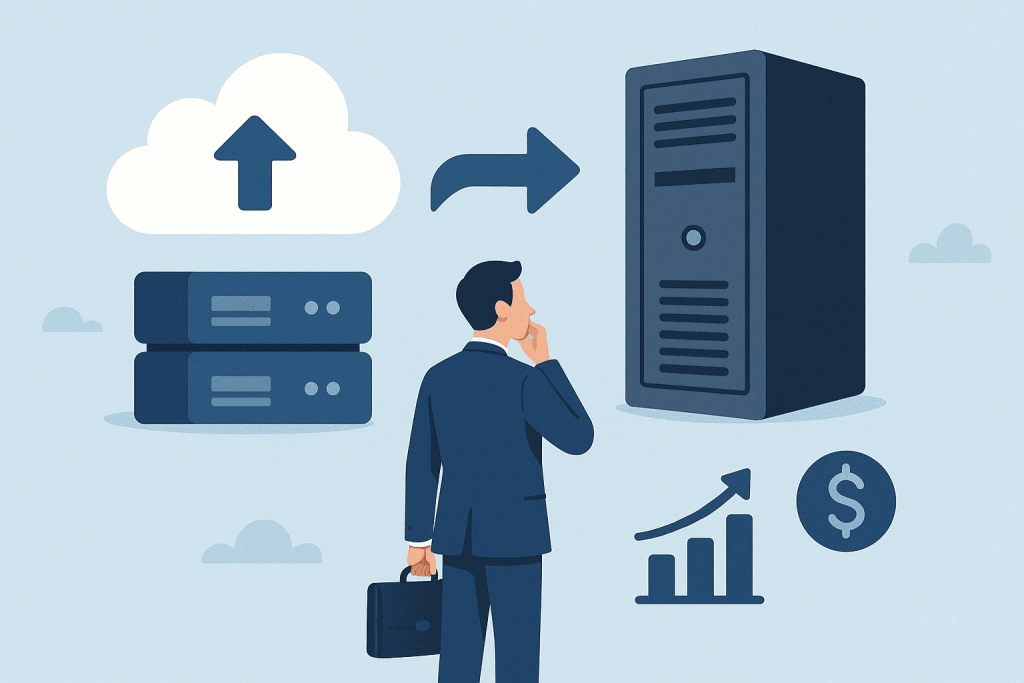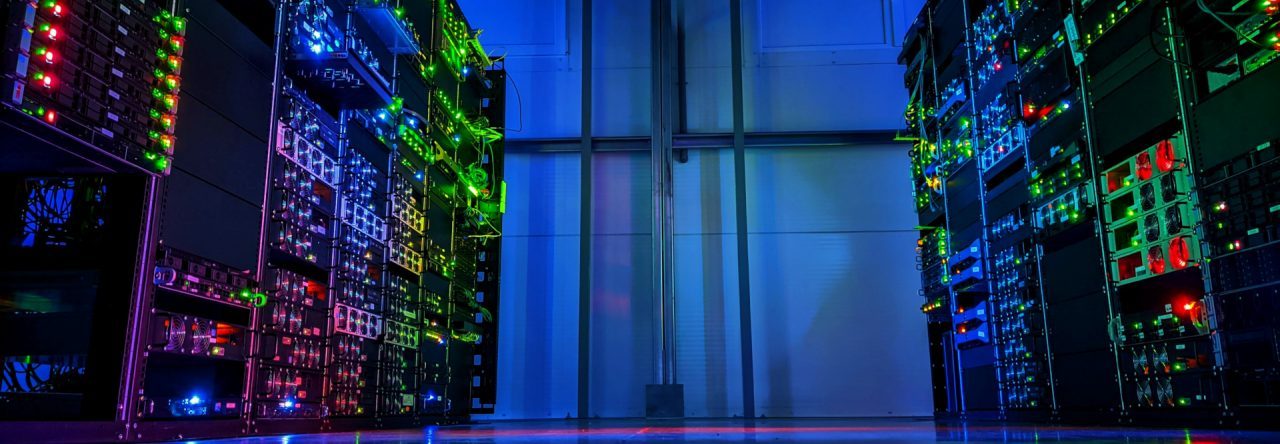
In today’s IT world, more and more companies are asking themselves: should we stay in the cloud or move to a dedicated server? At first glance, cloud infrastructure seems like the perfect solution — it’s flexible, scalable, requires no capital investment, and you pay only for what you use. However, as a business grows, workloads increase, and the need for security, stability, and control rises, there comes a point when “owning the hardware” starts to make sense. Moving from the cloud to a dedicated server is not just a technical change but a strategic decision that can reshape a company’s efficiency and economics.
When the Cloud Stops Being Convenient
Cloud solutions are great for startups, testing environments, and fast-changing businesses. But over time, convenience can turn into limitation. Paying for every gigabyte of memory, CPU core, or gigabyte of traffic becomes costly as demand rises. Eventually, a company realizes that monthly cloud expenses exceed the cost of maintaining a dedicated server. Moreover, in the cloud it’s often harder to control physical resources, fine-tune performance for specific tasks, or enforce internal security standards.
For instance, if your online store processes thousands of orders per day, or your databases store sensitive information, relying entirely on a third-party virtual infrastructure can introduce risks. Any outage, maintenance, or provider policy change can impact your business without your ability to react quickly.
The Advantages of a Dedicated Server
A dedicated server is a physical machine whose resources belong entirely to you. It doesn’t share CPU or RAM with other clients, as VPS or cloud instances do. This means consistent performance, predictable behavior under load, and complete control over configuration. For many businesses, that’s the key advantage. You can install any operating system, configure RAID arrays, create isolated environments for different projects, or allocate resources between teams.
Security is another major reason companies switch. Unlike shared cloud environments, a dedicated server provides full hardware isolation. You decide which services are installed, which ports are open, and which updates are applied. This is especially crucial for financial institutions, IT companies handling personal user data, or businesses that must comply with regulations like GDPR or PCI DSS.
Economic Efficiency
At first, owning a server may seem expensive. But cost-effectiveness depends not only on rental fees, but also on performance value. In the cloud, you pay for convenience and scalability — and every additional resource has a price tag. With a dedicated server, you get the full capacity of the hardware for a fixed cost. If your workloads are constant and your data volumes large, it’s usually the more economical long-term choice.
Modern data centers also provide full administration, monitoring, and technical support. That means you can get the same service level as in the cloud, but with more predictable pricing and higher stability. As a result, your company not only saves money but gains real control over its infrastructure.
Scalability on Your Own Terms
Another strong argument for dedicated servers is the ability to scale flexibly on your own terms. In the cloud, resource upgrades are fast but often restricted by provider policies or pricing tiers. With your own server, you can add disks, memory, or even combine multiple machines into a cluster — building infrastructure that grows alongside your business.
Many companies adopt a hybrid approach: combining cloud services with their own physical servers. This allows them to keep some workloads in the cloud (for example, backups or load balancing) while hosting critical systems — like databases, CRM, or accounting — on dedicated hardware with guaranteed access.
Conclusion
Migrating from the cloud to a dedicated server is a decision that comes with growth and experience. It’s not a “step back,” but rather a move toward greater autonomy, security, and control. If your project has outgrown its MVP stage, runs under constant load, and needs stability — it may be time to make the switch. The cloud is an excellent starting point, but true power begins where you manage your own server.
That’s why more and more companies choose dedicated servers — to gain not only performance but confidence in the future of their infrastructure. And if you’re looking for a reliable solution for your business, Server.UA offers a wide selection of dedicated servers suited for any task, from corporate systems to high-load applications.

Leave a Reply